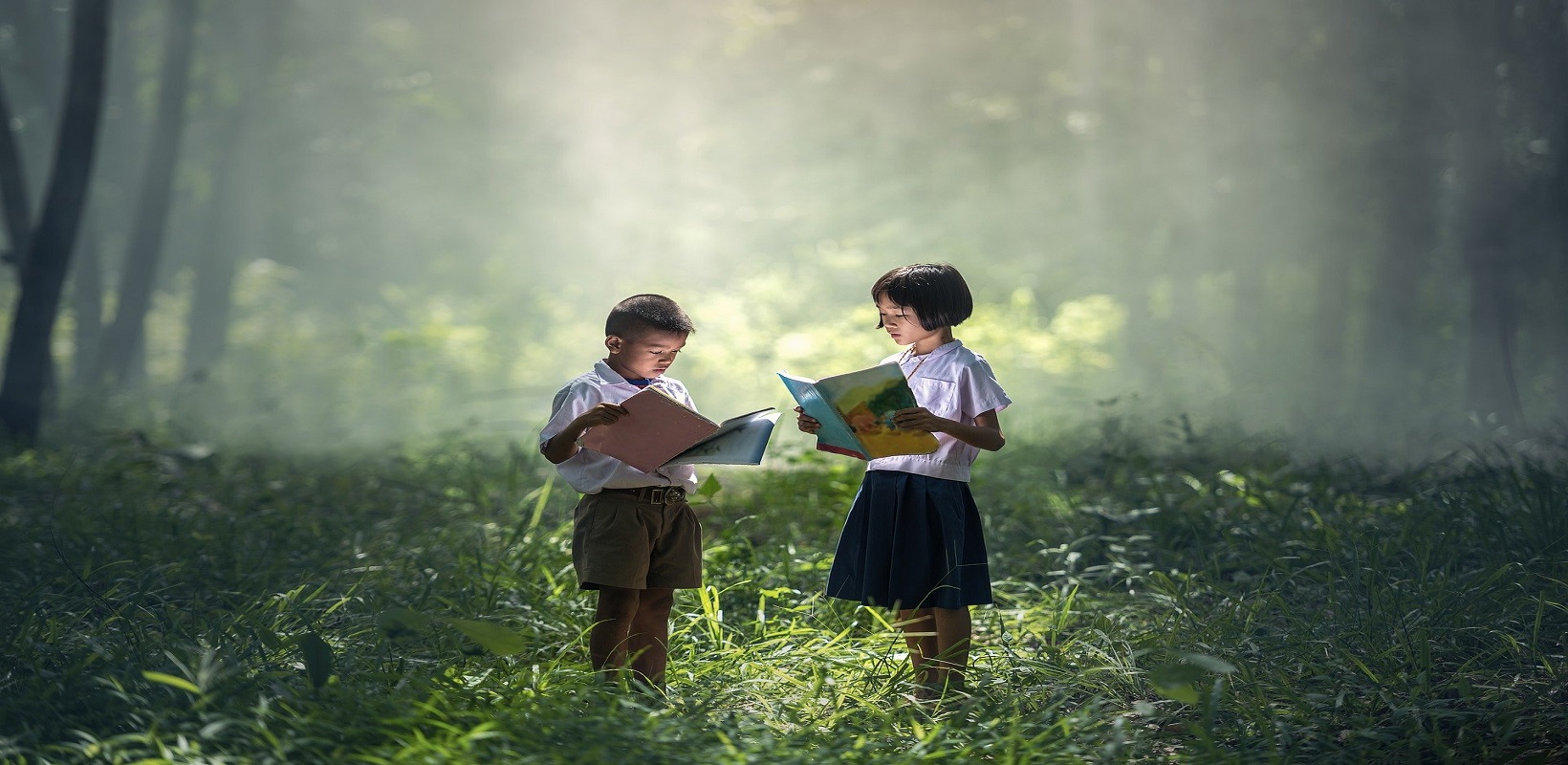Curiosity Driven Knowledge
 Post On.
Post On. Knowledge in simple words is the familiarity that one has with the things around. Knowledge is in fact considered to be a belief that is justified and is also true. Knowledge has three basic elements
1. A human or mental belief
about something or a state of affair.
2. The state of the affairs is true and corresponds to the belief.
3. There are logical and empirical factors that legitimise the belief.
Knowledge is the central concept of education. It is knowledge that helps an individual to become aware of the experiences they have in a meaningful manner. Knowledge is what helps students as well to learn what they do in school or from books. Students need to have related knowledge which means that students need to have knowledge of a specific concept before understanding the next one.
Students must start learning at a very early age so that they can develop knowledge of their surroundings and an array of concepts so that they can develop their skills, especially cognitive ones. Ziyyara feels that children start learning from a very early age because of their curious nature. Curiosity is engraved in the structure of the human mind and more so in the minds of the children.
Curiosity simply means the desire to learn and to understand new things. Curiosity of children is fulfilled by parents, teachers as well as their peers. While learning for children begin at home when they are taught the very basic etiquettes and syllables by their parents, the school follows a more formal system of education. The students in school learn many subjects and develop an understanding of what happens and why. Curiosity is what motivates the students in school to keep learning more and more about a specific subject and topic.
Ziyyara Edutech focuses on four types of knowledge that need to be instilled in the students from an early age using their curious brains. These include:
a) General Knowledge: General knowledge helps students develop knowledge about what is happening in the world. This type of knowledge is essential for students to understand the normal language and enables
them to relate what they know with contextual knowledge.
b) Vocabulary Knowledge: This knowledge relates to knowledge of different words and also to know how to use them at different places. Reading is a great source of developing vocabulary knowledge.
Ziyyara is best Online tuition website, we provide online coaching classes for 1st to 12th grade CBSE IGCSE ICSE & online language classes globally such as Online English Language, Online Arabic Language, Online Spanish Language, Online German Language, Online French Language, Online Hindi Language, www.ziyyara.com is an online tuition & language website teaching students & professionals online.